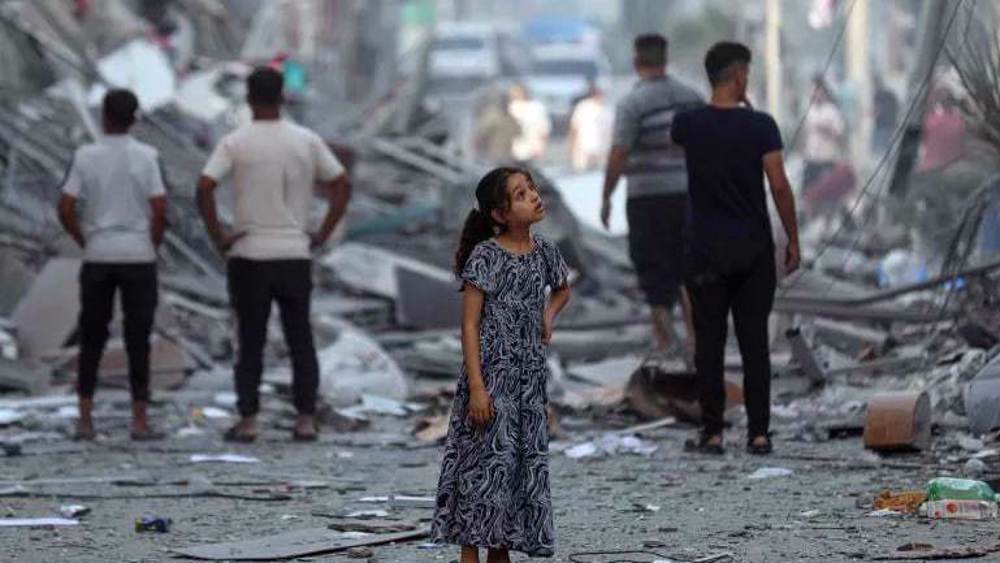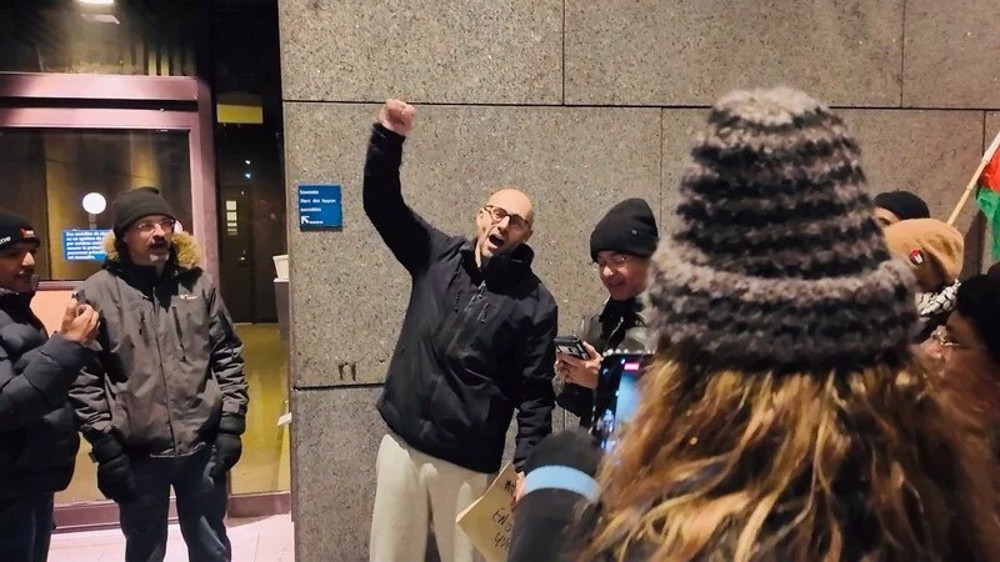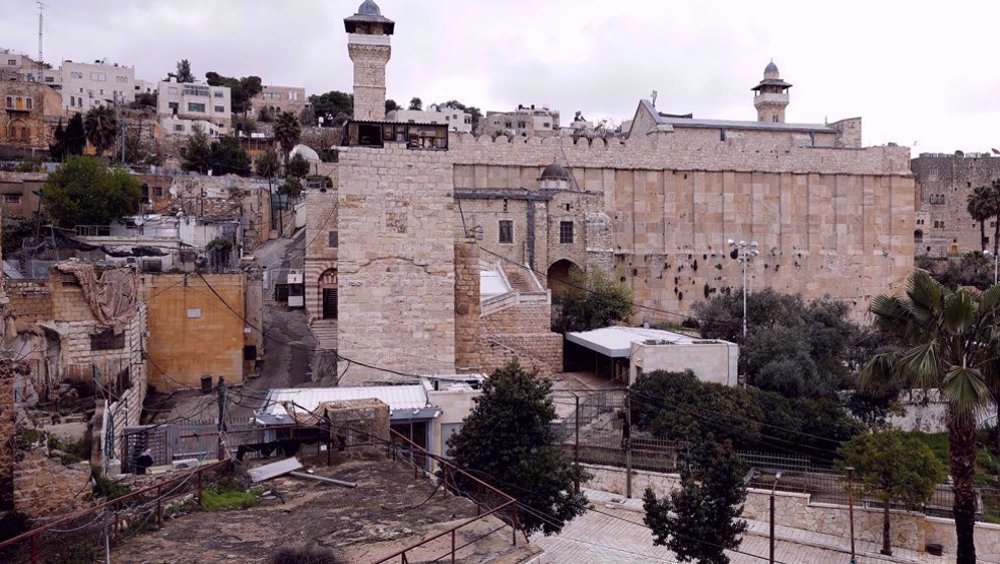Israeli regime begins reducing electricity supply to besieged Gaza Strip
The Israeli regime has begun reducing electricity supplies to the besieged Gaza Strip, a week after Tel Aviv announced its much-condemned decision to further pressure the impoverished Palestinian sliver.
The Gaza Energy Authority announced the news in a statement on Monday, adding that Israeli authorities "began to reduce by eight megawatts electricity flow" into the Palestinian enclave. It also warned that the "dangerous" reduction would have "serious effects" on the crisis-hit territory.
It further said that the cutback was expected to reduce the amount of the mains electricity supplied to the blockaded sliver by at least 45 minutes of the daily average of four hours of power that Gaza's nearly 2 million inhabitants receive from an Israeli power plant, which provides them with some 125 MW a month, or 30 percent of the total mains electricity needs of the enclave.
On June 11, Israeli Prime Minister Benjamin Netanyahu's security cabinet gave the state-owned Israel Electric Corporation (IEC) the green light to implement the controversial cut, a step that is expected to further deteriorate the power crunch plaguing the Palestinian seaside territory, run by the Palestinian Hamas movement.
Israel’s decision was reportedly made after the West Bank-based Palestinian Authority (PA), led by President Mahmoud Abbas, slashed its monthly payments for the power supplies to Gaza by 30 percent. The PA and Hamas are at loggerheads, and Abbas' decision is then considered as indirect pressure on Hamas to relinquish control of the enclave.
Israel said that it would not cover the shortfall in the PA payments, and the PA argued that it could no longer foot all the bills for electricity in Gaza. The Palestinian Authority says so far it has paid $12.65 million as a monthly bill to the IEC for Gaza's needed share of power.
The IEC also confirmed the cutback in a statement, adding that the measure had been adopted "in accordance with" a Tel Aviv's "directive."
"The internal deliveries of electricity to consumers inside the Gaza Strip is not the responsibility of the electric company and is done by internal Palestinian authorities in the Gaza Strip," it further said, adding that the shipments would be scaled back gradually.

Gaza’s only power plant was forced to shut down in early April after it remained without fuel. Three electricity lines set up by Egypt and reaching into densely-populated Gaza are capable of providing 27 MW of mains electric power per day but are rarely operational.
On last Wednesday, Amnesty International and 15 other rights groups, including the Israeli B’Tselem, Peace Now, and Rabbis for Human Rights, said in a joint statement that they had asked Israel’s Attorney General Avichai Mandelblit to “advise” pertinent Israeli official “to immediately rescind [the] decision to reduce the supply of electricity sold and provided by Israel to the Gaza Strip.”
Furthermore, UK-based Amnesty also warned in a separate statement on Wednesday that the power cut would lead to a “looming humanitarian catastrophe.”
The Gaza Strip has been under an Israeli siege since June 2007. The blockade has caused a decline in living standards as well as unprecedented unemployment and poverty there.
Israel has also launched several wars on the Palestinian sliver, the last of which began in early July 2014. The last Israeli military aggression, which ended on August 26, 2014, killed nearly 2,200 Palestinians. Over 11,100 others were also wounded in the war.

Trump’s WHO fund cuts freeze $46mn for Gaza amid humanitarian crisis

'Shocking attack on free expression': Canadian politician slams arrest of pro-Palestine activist

Hamas: Ibrahimi Mosque massacre testament to Israel’s criminal policy
Israeli settlers stab disabled Palestinian in occupied West Bank
Senior official: Iran likely to hold meeting with European troika
Syrians rally to protest Netanyahu's 'demilitarization' of Syria remarks
Iran, Philippines sign agreements for agriculture cooperation
Iran: New sanctions show US 'hostility to well-being' of Iranians
Erasing 1,700-year history: Israel’s property grab threatens Armenian Christians in al-Quds
VIDEO | Palestinian artist tells story of Palestine
Over 30 killed, injured in Israeli raid on West Bank city of Nablus










 This makes it easy to access the Press TV website
This makes it easy to access the Press TV website